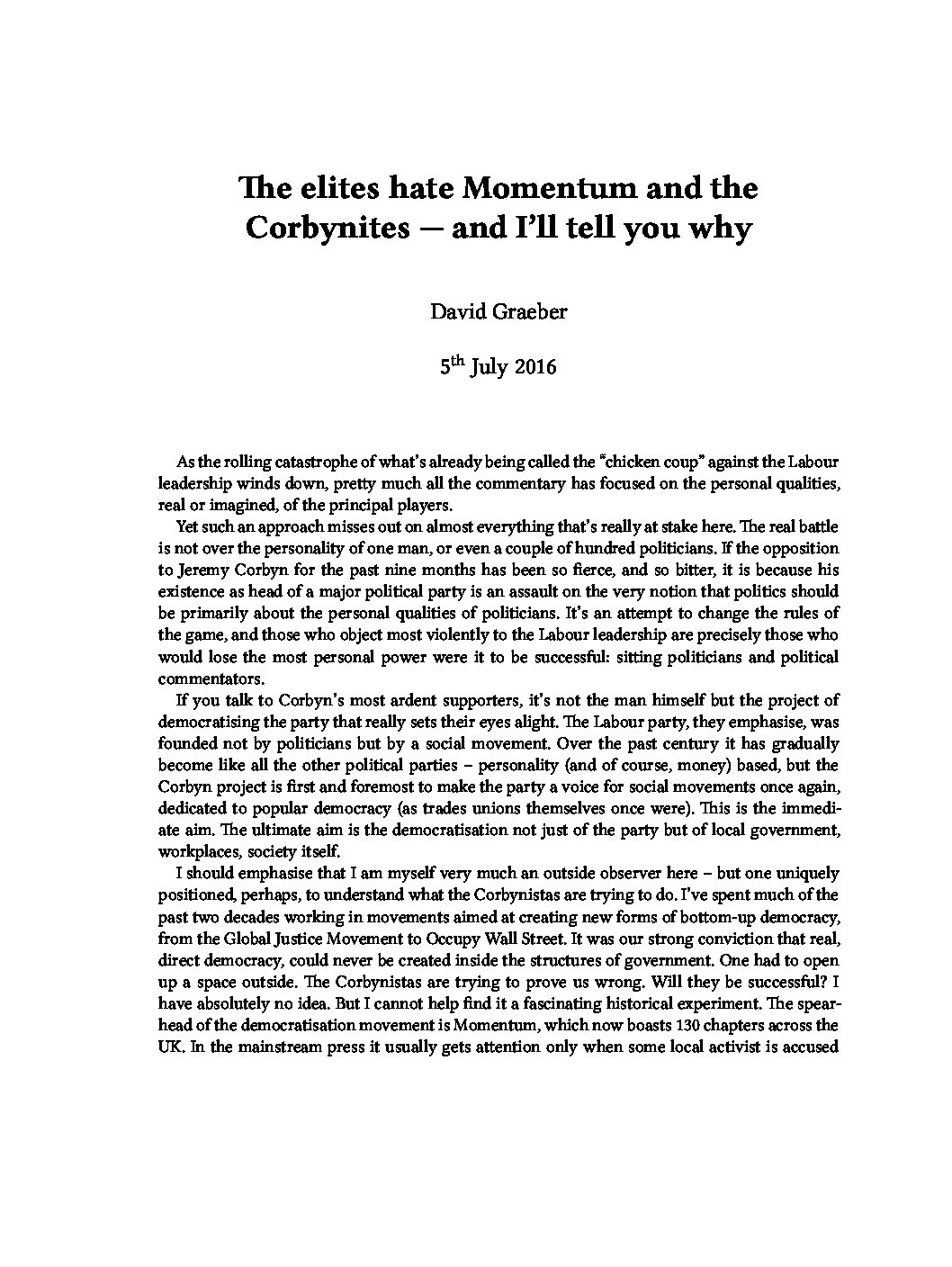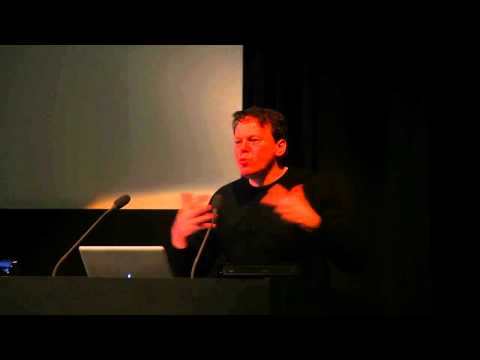Politics, in wealthy countries, is increasingly becoming a war between the generations. While the support for smaller parties in the UK (Liberal Democrats, Greens, the Scottish National Party, even Brexit) is constant across ages, the split between Labour and Conservative is almost entirely based on age cohort
Articles
Articles and publications

The Center Blows Itself Up
Politics, in wealthy countries, is increasingly becoming a war between the generations. While the support for smaller parties in the UK (Liberal Democrats, Greens, the Scottish National Party, even Brexit) is constant across ages, the split between Labour and Conservative is almost entirely based on age cohort:
The Disastrous Ordeal of 1987
What follows is the epilogue to "The Disastrous Ordeal of 1987", which is a historical ethnography about a village called Betafo in central Madagascar, by me, David Graeber.

The elites hate Momentum and the Corbynites — and I’ll tell you why
As the rolling catastrophe of what’s already being called the “chicken coup” against the Labour leadership winds down, pretty much all the commentary has focused on the personal qualities, real or imagined, of the principal players.

The Fire of the Jaguar
Not since Clifford Geertz’s “Deep Play: Notes on the Balinese Cockfight” has the publication of an anthropological analysis been as eagerly awaited as this book, Terence S. Turner’s The Fire of the Jaguar.

The Museum of Care: imagining the world after the pandemic
Or more precisely, we are imagining a sane world after the virus, one where, instead of just trying to put things back the way they were, we act on what we've learned.
The new anarchists
It’s hard to think of another time when there has been such a gulf between intellectuals and activists; between theorists of revolution and its practitioners. Writers who for years have been publishing essays that sound like position papers for vast social movements that do not in fact exist seem seized with confusion or worse, dismissive contempt, now that real ones are everywhere emerging.

The New Anarchists
It’s hard to think of another time when there has been such a gulf between intellectuals and activists; between theorists of revolution and its practitioners. Writers who for years have been publishing essays that sound like position papers for vast social movements that do not in fact exist seem seized with confusion or worse, dismissive contempt, now that real ones are every- where emerging.
The Politics of Magic
Review of Magic in the Ancient World,
by Fritz Graf (Harvard University Press, 1998)

THE REBIRTH OF ANARCHISM IN NORTH AMERICA, 1957-2007
Abstract: Anarchism has undergone a broad renewal in the US and Canada in recent decades, flowering most spectacularly in the alter-globalization movement in the years after the protests against the WTO ministerial in Seattle in November 1999. At the time, the movement seemed to outsiders to have spring out of nowhere.
The Riot That Wasn’t
Hundreds of masked, black-clad anarchists adopted Gandhian tactics of nonviolent resistance during the IMF/World Bank protests in Washington, joining with other protesters in forming human chains blockading intersections, singing songs, playing musical instruments and greeting lines of heavily armed riot police with chants of "everything we do, we do because we love you."

The Sadness of Post-workerism, or “Art & Immaterial Labour” Conference, a sort of review
On the 19th of January, several of the heavyweights of Italian post-Workerist theory — Toni Negri, Bifo Berardi, Maurizio Lazzarato, and Judith Revel — appeared at the Tate Modern to talk about art. This is a review.



